Poverty ‘drastically reduced’ for Hand in Hand members: report
18 Jan 2019
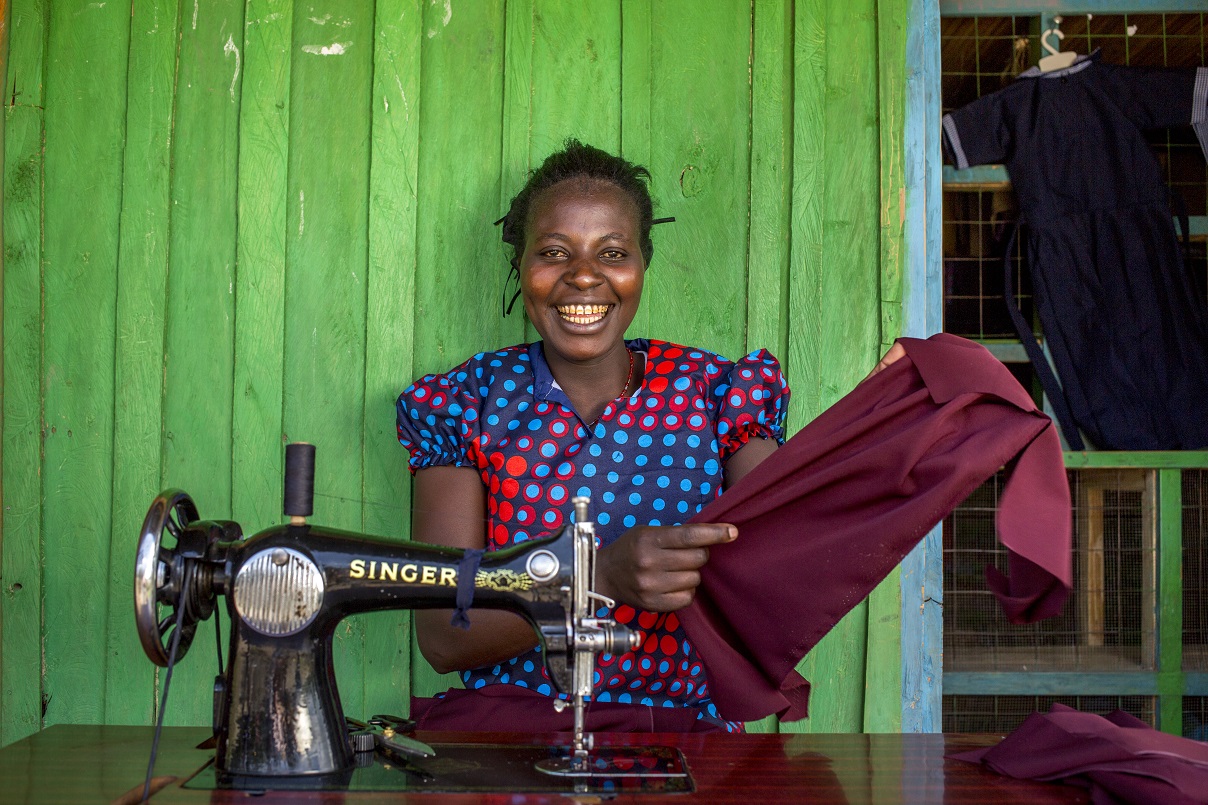
IKEA Foundation projects in Bomet County, Kenya, run by Hand in Hand Eastern Africa.
What do credit providers, local governments and the owners of a sweet potato processing plant have in common? They’re all “keen to learn from… and even replicate the success” of a major Hand in Hand project in Kenya, say independent researchers.
It’s not hard to see why. “Green” and “efficient”, the project has already “drastically reduced” poverty among Hand in Hand’s members – and it’s still only halfway done.
The project
In April 2016, Hand in Hand teamed up with the IKEA Foundation to help 43,200 impoverished women and young people in Kenya thrive as eco-entrepreneurs, while at the same time inspiring 4,800 future business leaders at Entrepreneurship Clubs in schools.
Two years later, as the project crossed the halfway point, Nairobi-based Brooklyn Economic Consulting (BEC) conducted an evaluation using data analysis, fieldwork and surveys with some 650 members, students and staff to measure our success and suggest improvements. Their results were reported against five criteria, widely adopted, set by the Organization for Economic Co-operation and Development (OECD).
Here’s what they found.
Relevance
Hand in Hand’s project is especially relevant to “reducing poverty levels, creating climate resilient enterprises [and improving] food security”, said evaluators. Alongside entrepreneurship education for schoolchildren, these are our primary goals.
We’re also “basically on track” to achieve our target of 80 percent women’s participation – BEC’s randomly selected sample group was 75.9 percent female – and remain “highly appreciated” among Self-Help Group members for our “critical role…in creating rural opportunities for youth and women”.
Effectiveness
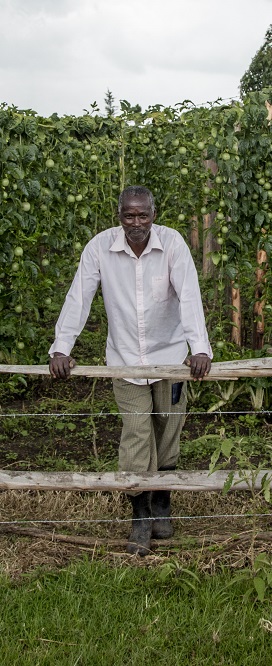
Smallholder farmer Richard Langat with his climate resilient passion fruit crop
Hand in Hand is “well on course” to achieving our targets, said BEC, citing savings and loans, as well as climate resilience, as key indicators.
“Beneficiaries have been able to access enterprise incubation fund [loans] of US $100,” said the report, adding that 25,587 members also have access to loans from group savings funds. At the same time, it added, those savings funds have surpassed two-year projections.
The project’s strong emphasis on climate resilience is also yielding results. Almost half of survey respondents told BEC they own a business outside of farming, suggesting lessons about income diversification – crucial to helping our rural members withstand climatic shocks such as floods and droughts – have hit home. Most common among them are shops (10.8 percent), food kiosks (8.9 percent), dressmakers’ (8.4 percent) and boda bodas (motorcycle taxis; 5.7 percent).
At the same time as they diversify members are adopting climate-resilient farming practices, such as collecting rain water, en masse. Some 66.7 percent of men and 68.6 percent of women run climate-resilient enterprises, said BEC, and almost all of them – 89.8 percent of women and 96.8 percent of men – have planted trees to reduce soil erosion.
Efforts to link members to renewable energy providers have also been successful. More than half of members, 58.65 percent, now use solar panels, said BEC, while another 21.5 percent use high-efficiency charcoal stoves called jikokoas.
Efficiency
Neither potholes nor presidential elections were a match for Hand in Hand’s fiscal discipline, said BEC, reporting the “overall programme to be efficient and all expenditures within allocated budget lines.
“Even under difficult circumstances that prevailed during programme implementation – i.e. the Kenya election period and poor road networks – the overall assessment is that the programme was efficient,” it concluded.
Impact
The figures are in, and even at this early stage, Hand in Hand’s members are launching enterprises in their tens of thousands. What’s more, they’re pulling their neighbours up with them. Halfway through the project, some 24,366 micro-businesses have been created. With an average of two jobs per enterprise – one owner and one employee – that’s 48,732 jobs in total.
Together, they were enough for BEC to declare that “the programme has contributed to the reduction of poverty rates in Embu, Bomet, Homa Bay and Busia” – all four of the project’s operating counties.
“The programme has also demonstrated achievement of anticipated impacts in terms of… the group’s function such as social cohesion, improved social networks [and] nutritional security,” it said.
Entrepreneurship Clubs, designed to promote self-employment and climate resilience among school-age children, are also having an impact. Thirty percent of girls and 21.7 percent of boys told BEC they wanted to be entrepreneurs, not salaried workers, when they finished school. Across the board, almost 75 percent showed they understand how climate change will affect households and businesses in the future.

Lesson time for the Tarakwa High School Entrepreneurship Club
Sustainability
Two areas in particular augur well for the project’s success after Hand in Hand moves on, said BEC. The first is widespread use of climate resilient farming practices – soil conservation, drought-resistant crops, harvesting rain water and the like – designed to help members stand up to a changing climate, now and for years to come. The second is higher-than-planned group savings and loans, a strong indication that Self-Help Groups will continue to meet and, crucially, provide access to finance.
Still, said BEC, more steps need to be taken if the project’s sustainability is to be ensured.
Recommendations
It takes a village to raise a child – and an entire ecosystem of private, public and third sector stakeholders to support a thriving enterprise.
“Hand in Hand should strengthen linkages… with other actors in the agricultural and non-agricultural value chains,” said BEC. “A multi-stakeholder platform comprising the government, private sector and value chain actors can bear even better results.” Better still, it continued, would be adding banks, microfinance institutions, and savings and credit organisations to the mix.
Having already set up member co-operatives – made up of several Self-Help Groups and designed to help members buy and sell in bulk, as well as gain access to bigger markets – Hand in Hand is hiring two technical advisers to help develop a more thoroughgoing market linkage strategy.
Partnering with banks and microfinance institutions, however, is less clear cut. In order to borrow from these formal lenders, our members would first have to sign up for Kenya’s equivalent of a national insurance number. Having done so, they would then be required to file annual tax returns – online, through a series of complicated forms, regardless of income, and facing fines of KES 20,000 (US $200) for non-compliance. For rural, often illiterate members who lack access to the internet, the results would almost certainly be disastrous. That’s why instead of reaching out to formal lenders, we’re doubling the amount of credit available to members through Hand in Hand’s own Enterprise Incubation Fund, to KES 20,000 (US $200) from KES 10,000 (US $100).
By the numbers
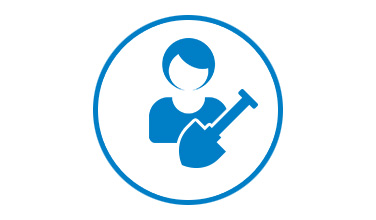
76% of members are women
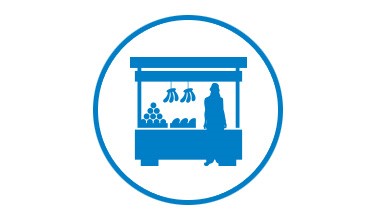
24,366 micro-enterprises
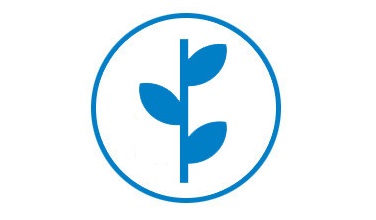
67% of enterprises climate resilient
